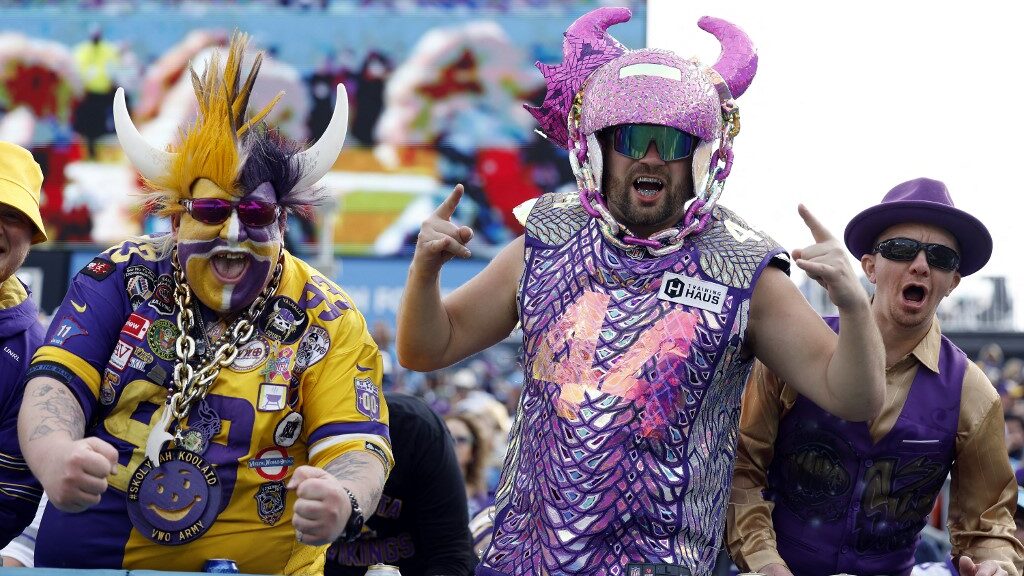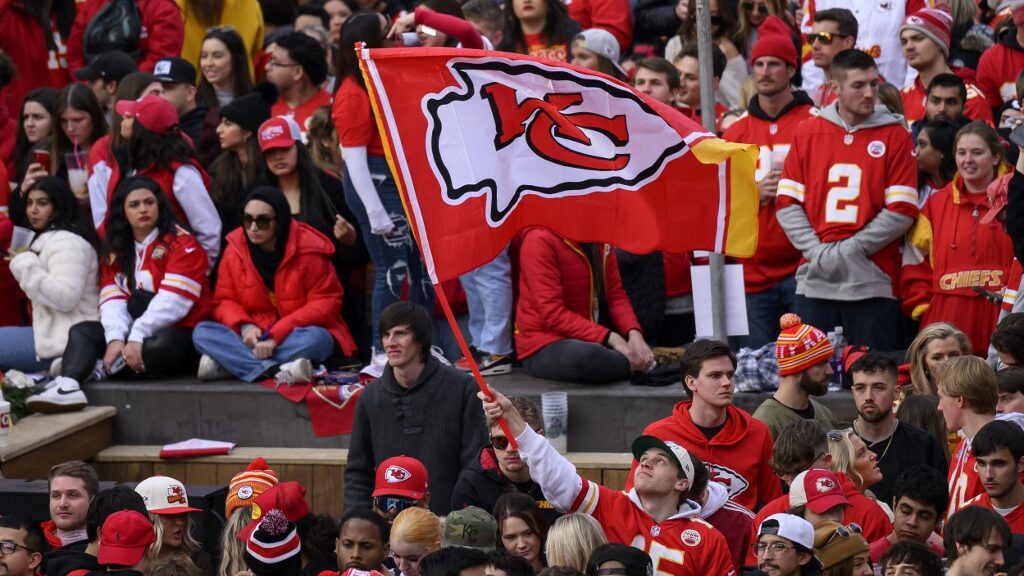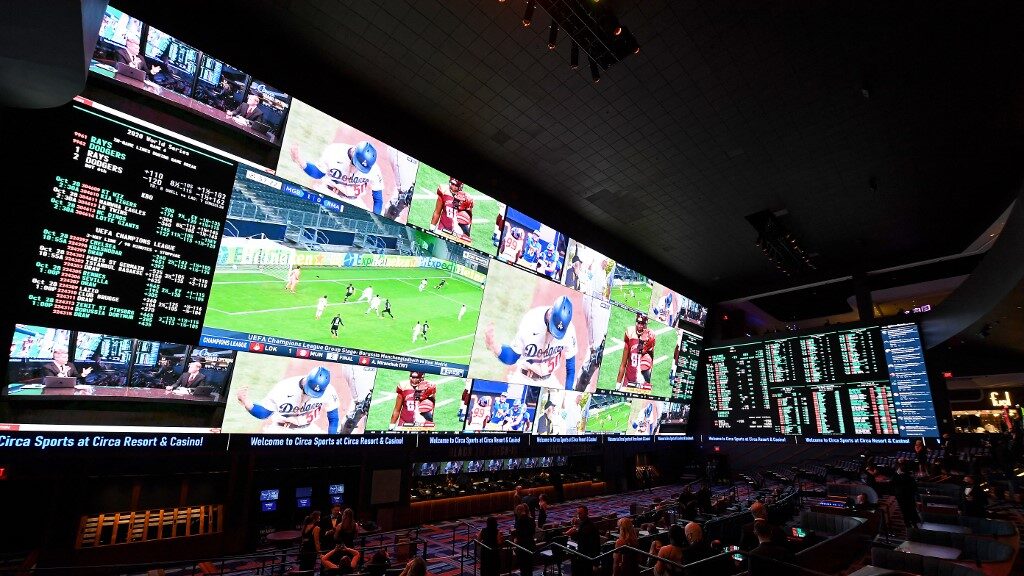
One of Minnesota’s two horse-racing tracks says some casinos are not playing fairly.
Running Aces Casino, filed a federal lawsuit under the RICO Act against Grand Casino Hinckley, Grand Casino Mille Lacs, and Treasure Island Resort and Casino. The lawsuit alleges that these three Minnesota casinos unlawfully conducted class III card games, implicating their high-level executives in the process.
The lawsuit claims that by offering class III card games not authorized by the tribal gaming compact and the State of Minnesota, the three casinos possess ‘illegal and unfair competitive advantages over Running Aces’.
In a statement, President & CEO of Running Aces Taro Ito said, “All that we have ever sought was to be treated fairly, compete on a level playing field, take advantage of improvements within the pari-mutuel environment, and operate without fear of being eliminated. It is our sincere desire to have our day in court and let the facts determine the outcome.”
What Are Class III Gambling Games?
The Minnesota Alcohol and Gambling Enforcement states that Class III gambling includes common casino games such as video games of chance (slot machines and video poker), roulette, craps, baccarat, and banking card games like blackjack. Each tribe negotiates a compact with the state government where it is located to conduct Class III gambling.
According to a press release, Running Aces is seeking an injunction against the alleged illegal gambling activities and the lawsuit aims to recover damages.
Not only have the two Grand Casinos offered blackjack, but they have also offered other Class III card games, such as Three Card Poker and Ultimate Texas Hold ‘Em, which their state compact does not cover. Until last October, Treasure Island was in the same situation, but then its compact was amended to allow other Class III games, according to the lawsuit.
Lawsuit Comes as Online Sports Betting Bill Debated
With only about a month left in the 2024 legislative session, lawmakers are undecided on legalizing mobile sports betting, causing tension with the state’s two horse tracks, including Canterbury Park.
The main bills propose exclusive rights for tribal nations to partner with sports betting platforms like DraftKings or FanDuel, and offer stipends to the tracks, $625,000 from the House and $3 million from the Senate.
The tracks argue these amounts are insufficient and that mobile betting threatens their survival. Recently, the Minnesota Racing Commission approved Historical Horse Racing (HHR), a machine-based game allowing betting on past races, which the tracks believe could generate significant revenue.
What’s Next for Gambling/Sports Betting in Minnesota?
As legislation is currently under development at the Capitol, racetrack leaders have expressed concerns about being singled out by lawmakers, although the situation remains fluid.
Running Aces is asserting its position in the state’s gambling landscape through the lawsuit, which is complex because of tribal sovereignty. By targeting casino executives instead of the casinos themselves and claiming actions that violate the tribes’ gaming agreement with the state, Running Aces aims to secure a legal foothold for its allegations.
We’ll continue to monitor the situation and bring you an update if anything develops.

















